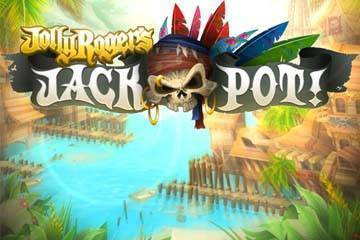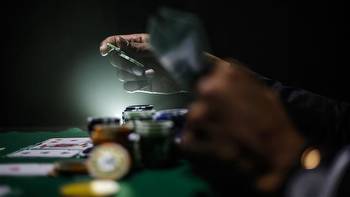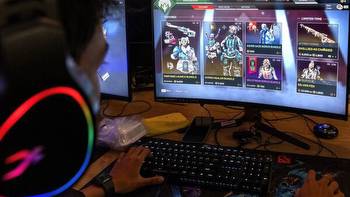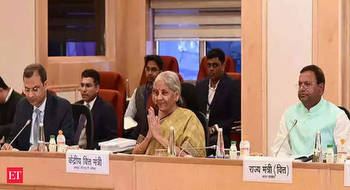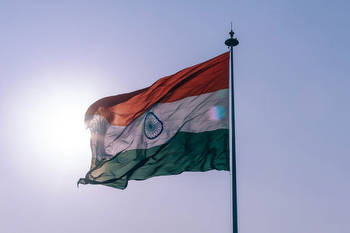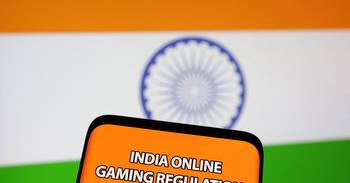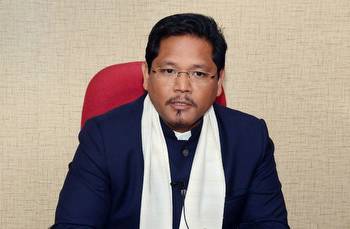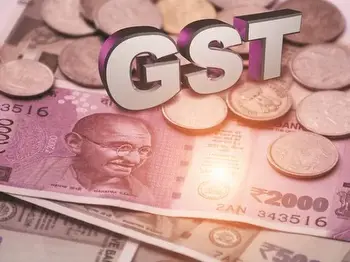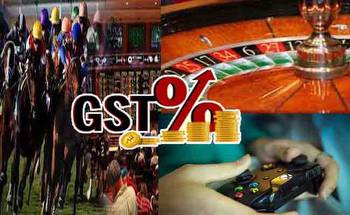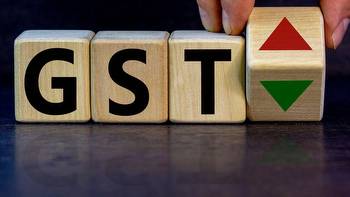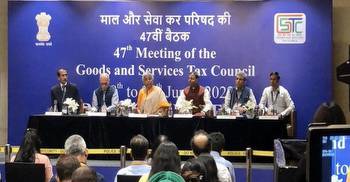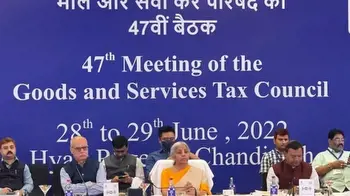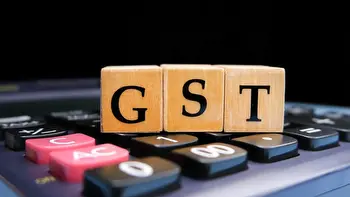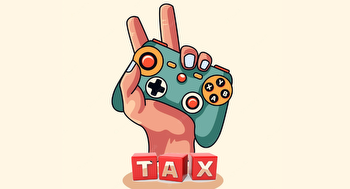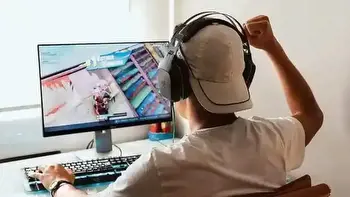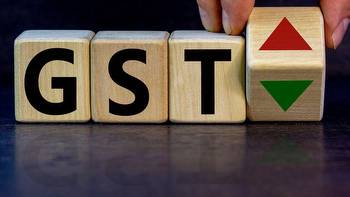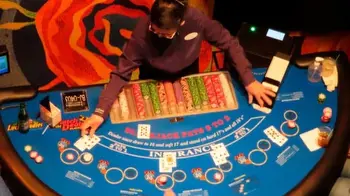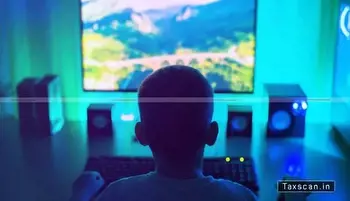India approves 28% tax on online gaming, horse racing, and casinos; shares of gambling firms slide after decision

The Goods and Services Tax (GST) Council in India has passed a decision to levy a maximum 28% tax on the full face value of bets in online gaming, casinos, and horse racing. The decision was announced at the 50th Council meeting by Union Finance Minister Nirmala Sitharaman.
Online gaming companies will now be required to pay a 28% tax on the entire amount collected from players. Until now, a relatively small tax would be imposed on the fee they charged for real-money games.
Casino operators will also be impacted after the move as the 28% tax will apply to the value of chips a person buys before playing, as per Vivek Johri, chairman of the Board of Indirect Taxes and Customs.
News agency Press Trust of India (PTI) cited Sitharaman, who explained that the decision to levy the maximum tax on online gaming and casinos was not intended to kill the industry. She, however, noted that it was because of the “moral question” gambling poses that it cannot be taxed at par with essential commodities.
“We arepurely looking at that what is being taxed because it creates value, profit is being made based on the wager people win. Today’s decision looks at what is to be taxed and what not,” Sitharaman said. She said that while the Information Technology (IT) ministry is looking at the regulatory aspect of online gaming, the GST Council has taken decisions solely for tax purposes.
The tax on online companies would be imposed without making any differentiation if the games required skill or were based on chance. Explaining the rationale for the 28% tax on online gaming, Sitharaman said it was "impractical" to meet the industry demand for the levy of tax on platform fees, as it was impossible for tax authorities to go after every player and find where all the bets have been placed.
“It is impossible to pierce the veil of opacity,” she said, adding that every state agreed that online gaming and betting should be taxed at the highest rate on full face value.
Increase in tax levied on online gaming to curb addiction
The officials and state ministers present at the meeting noted that the decision toincrease the tax on online gaming and casinos was partly in order to discourage young people from getting addicted.
Revenue Secretary Sanjay Malhotra reiterated that the decision to impose the tax was a long-time coming and that the government would fight against those challenging the decision in court. He said: “28% tax was always the case in online gaming. Today’s decision is only to clarify it and put an end to this debate.”
An amendment to the GST law to define online gaming, horse racing and casinos as ‘actionable claim’ is likely in the ensuing monsoon session of Parliament., local media reports.
The All India Gaming Federation (AIGF), which represents companies like Nazara, GamesKraft, Zupee, and Winzo said that the decision by the GST Council is “unconstitutional, irrational, and egregious."
Roland Landers, CEO of AIGF said: “The decision ignores over 60 years of settled legal jurisprudence and lumps online skill gaming with gambling activities.This decision will wipe out the entire Indian gaming industry and lead to lakhs of job losses and the only people benefitting from this will be anti-national illegal offshore platforms.”
News agency Reuters cited industry experts who noted that the move would sap the earnings of the $1.5 billion online gaming sector. However, the extra charges are likely to pass on to customers.
on Wednesday, while online gaming firms also dropped after the country's tax authorities imposed the new tax regime. Delta owns casinos in the states of Goa and Sikkim as well as 'Adda52rummy.com' and online poker site 'Adda52.com stock. Its stock closed down about 23%.
Nazara Technologies, which licenses games for some children's brands, closed down 2.6%, while Onmobile Global ended 1.1% lower. They had earlier fallen as much as 14% and 9%, respectively, before pulling back.
Nazara told the news agency it expects a minimal revenue impact since the new rule will apply to its skill-based real-money games, which accounted for 5.2% of revenue last financial year.
The move is also likely to hurt large start-ups in India like Dream11, which sponsors India's national cricket team and is valued at $8 billion, as well as the Mobile Premier League (MPL).







